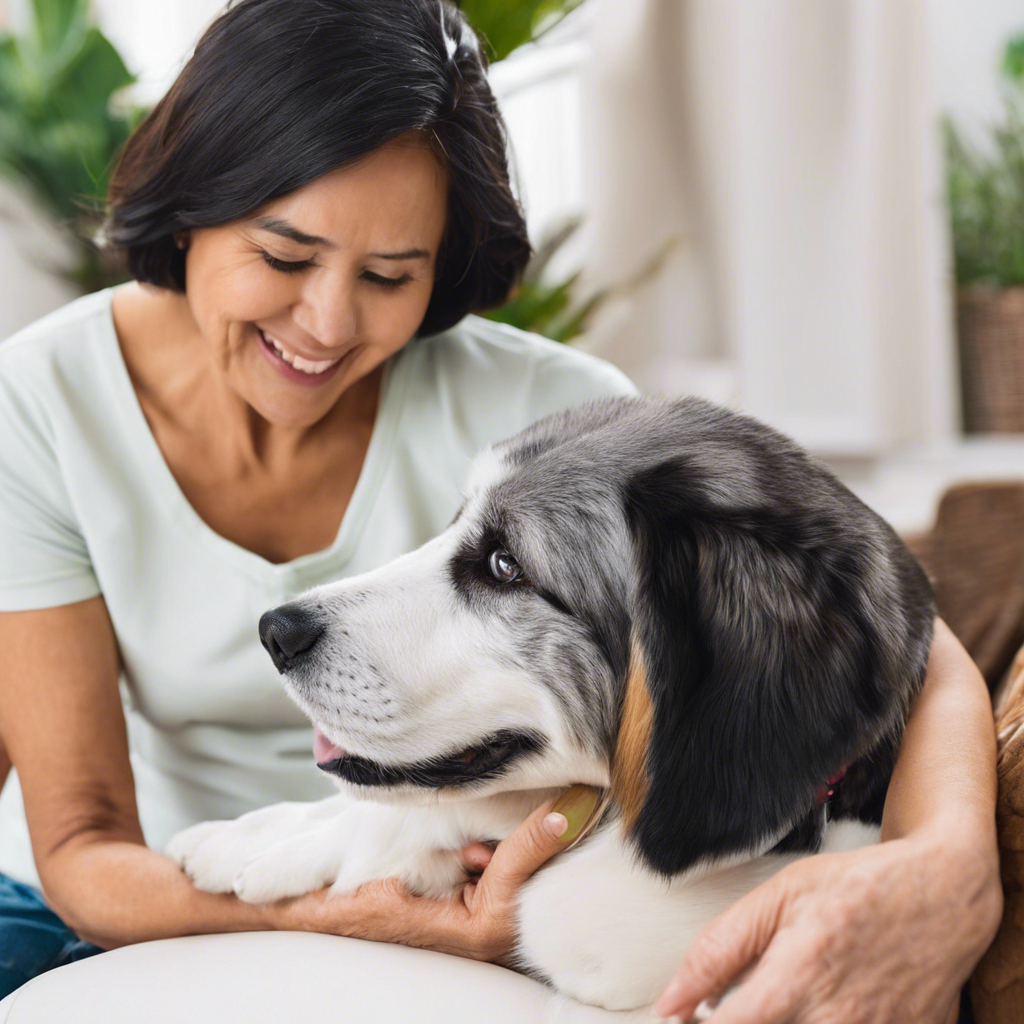Pet ownership can significantly impact cognitive decline in the elderly, offering companionship, purpose, and health benefits.
As the global population ages, the number of older adults experiencing cognitive decline is rising. This can be a challenging and isolating experience, but research suggests that pet ownership may play a role in mitigating this decline. Pets can provide companionship, promote physical activity, and offer a sense of purpose, all of which are essential factors in maintaining cognitive health. This article explores the various ways in which pets can positively impact the cognitive well-being of the elderly, highlighting the importance of the human-animal bond in healthy aging.
The Power of Pet Companionship
For the elderly, loneliness and social isolation can contribute to cognitive decline. However, pets can provide much-needed companionship and emotional support, helping to combat these feelings.
Emotional Support and Bonding
Having a pet can significantly improve the emotional well-being of older adults. The bond between an individual and their pet can provide a sense of love, companionship, and purpose. A study by Walsh et al. (2017) found that pet ownership was associated with lower loneliness and depression scores in older adults, indicating the positive impact of pets on emotional health. This bond can be particularly beneficial for those living alone or with limited social networks.
Promoting Social Interactions
Pets also serve as social facilitators, encouraging interactions with others. Pendry and Vandagriff (2012) found that dog ownership increases social engagement in older adults, particularly during outdoor activities. Whether it’s a friendly chat with neighbors during a walk or meeting fellow pet owners at the park, pets can facilitate social connections and contribute to a sense of community.
Physical Activity and Cognitive Benefits
Increased Physical Activity
Pet ownership, particularly of dogs, encourages older adults to engage in regular physical activity, which has been linked to improved cognitive function. Brown et al. (2018) found that older dog owners engaged in more physical activity and had better cognitive performance than non-owners. The study highlights the potential of dog ownership to promote healthy aging by encouraging physical activity and social interaction.
Health Benefits of Pet Ownership
The benefits of pet ownership extend beyond physical activity. Research suggests that having a pet can lead to lower blood pressure, reduced stress, and improved cardiovascular health in older adults, all of which are factors that contribute to cognitive health.
Purpose and Routine
Sense of Responsibility and Routine
Caring for a pet provides a sense of purpose and routine, which are crucial for cognitive health. Older adults often experience a loss of purpose after retirement or when their children leave home. Pets can fill this void, requiring daily care and attention, and providing a sense of responsibility and structure.
Reducing Anxiety and Depression
The routine and purpose provided by pet ownership can help reduce anxiety and depression in the elderly. A study by Brown et al. (2018) suggested that the companionship and routine of having a dog can significantly improve the mental health of older adults, reducing feelings of loneliness and depression.
Unordered List of Pet-Related Activities
Engaging in various pet-related activities can also enhance cognitive function:
- Training sessions: Teaching new tricks or commands to pets can stimulate the brain and promote learning.
- Grooming and pet care: These activities require attention to detail and can improve focus and fine motor skills.
- Playing games: Interactive games with pets can enhance problem-solving skills and hand-eye coordination.
Q&A
-
Are certain types of pets better for cognitive health in the elderly?
While all pets can provide companionship and emotional support, the type of pet may influence the extent of physical activity they encourage. Dogs, for example, often require more exercise, which can be beneficial for older adults. However, smaller pets like cats or birds can also offer companionship and mental stimulation without the need for intense physical activity.
-
How can pet ownership be beneficial for those with dementia?
Pet ownership can provide comfort, companionship, and routine to individuals with dementia. The presence of a pet can help reduce agitation and improve mood. Additionally, pets can promote sensory stimulation and social interaction, which are essential for the well-being of people with dementia.
-
Can having a pet reduce the risk of cognitive decline in older adults?
While pet ownership alone may not prevent cognitive decline, it can be a valuable component of a healthy aging strategy. The combination of physical activity, social engagement, and emotional support that pets provide can contribute to maintaining cognitive function and overall well-being.
Conclusion
Pet ownership offers a range of benefits for the cognitive health of the elderly. From companionship and emotional support to increased physical activity and social interactions, pets can significantly impact the well-being of older adults. The human-animal bond plays a crucial role in promoting healthy aging, providing a sense of purpose, routine, and joy in the lives of the elderly. As research continues to explore this relationship, it is becoming increasingly clear that pets are not just furry friends but also potential allies in the fight against cognitive decline.
## External Links and Recommended Anchor Text:
1. Walsh et al. (2017) – “Pet Ownership and Older Adults’ Depression, Loneliness, and Physical and Mental Health Status in Times of COVID-19”
2. Pendry and Vandagriff (2012) – “Pet Ownership and Older Adults’ Mental and Physical Health: A Literature Review”
3. Brown et al. (2018) – “Dog ownership supports the maintenance of physical activity and the physical and psychological health of older adults”
